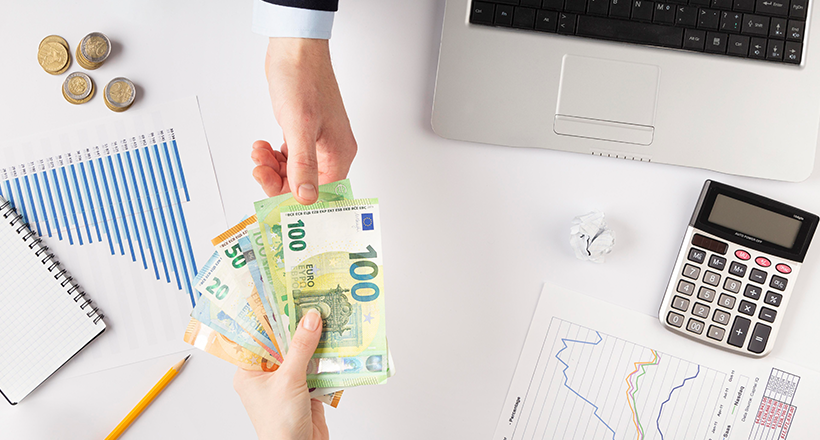
Foreign exchange, also known as forex or currency trading, is the process of buying and selling different types of currencies. It is an essential part of international trade and travel, and it is also a popular form of investment. In this blog post, we will explore the ins and outs of foreign exchange, and provide a comprehensive guide on how it works.
When you exchange money, you are essentially buying one currency and selling another. For example, if you want to convert US dollars into euros, you would sell your US dollars and buy euros in return. The exchange rate between the two currencies will determine the amount of euros you receive for your dollars. Exchange rates fluctuate constantly, and they can be affected by a variety of factors, such as economic conditions, government policies, and market sentiment.
There are a few different ways to exchange money. One of the most common ways is through a bank or financial institution. Banks and financial institutions typically offer a wide range of currencies and competitive exchange rates, but they also charge fees and commissions for their services. Another way to exchange money is through an online currency exchange platform. These platforms typically offer a wider range of currencies and more competitive exchange rates than banks and financial institutions, but it's important to research and compare fees and exchange rates before using any online currency exchange platform.
Foreign exchange is not just for international trade and travel, it's also a popular form of investment. Many investors use currency trading as a way to make money from fluctuations in exchange rates. Currency trading is a speculative and high-risk investment, and it should only be done by experienced investors who understand the risks involved.
In addition to the above, there are a few key things to keep in mind when it comes to foreign exchange. First, it's important to keep an eye on the exchange rate between the currency you hold and the currency you want to buy or sell. This will give you an idea of how much your money is worth in that currency.
Second, it's important to be aware of the market conditions and regulations that can affect the exchange rate. For example, if a country's economy is struggling, its currency may weaken, which can make it a less favorable time to exchange money.
Third, you should also be aware of the different types of exchanges such as OTC, spot and forward exchange rates. Knowing the differences between them can help you make better decisions on when to make the exchange.
Finally, it's always a good idea to do your research and to consult with a financial advisor or currency trading expert before making any investment decisions.
In conclusion, foreign exchange is an essential part of international trade and travel, and it can also be a popular form of investment. It is important to understand the ins and outs of how it works and to research and compare fees and exchange rates before making any exchange. It's also crucial to be aware of the market conditions and regulations that can affect the exchange rate. By keeping these things in mind, you can make informed decisions and potentially save money when exchanging currency.